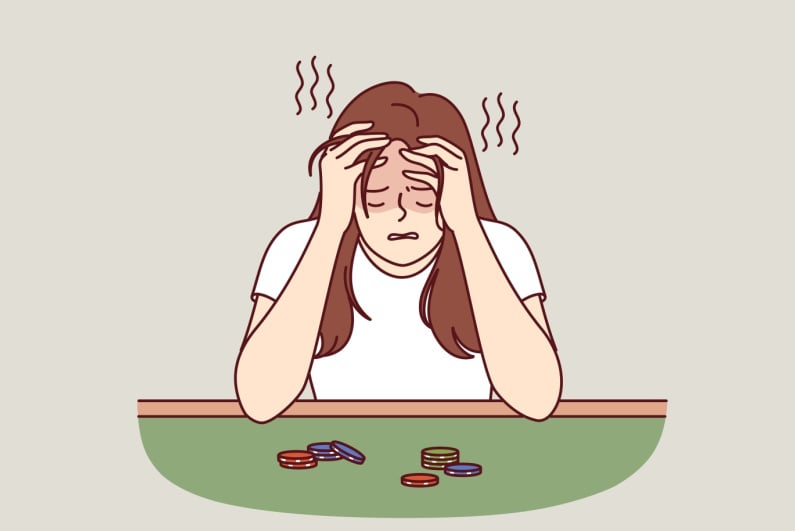Belgium has become the latest country to declare that loot boxes in online games are illegal and that they should be removed, according to a statement from the Minister of Justice.
The Belgium Gaming Commission looked at four online games at the request of Koen Geens, the minister of justice for Belgium. It investigated Star Wars Battlefront II, Overwatch, FIFA 18, and Counter Strike: Global Offensive.
Three of the four games were found in violation of Belgium gambling laws, according to a statement from Minister Geens. The only game ruled not to be in violation was Star Wars because Electronic Arts (EA) had removed the game’s loot boxes after its controversial launch.
Investigation was requested
Because of the media attention that the Star Wars game generated, Minister Geens requested an investigation from the Gaming Commission. Upon the results of the investigation, the Minister of Justice deemed that they violated gaming legislation and could be dealt with under criminal law.
He also stipulated that the loot boxes had to be removed. Failure to do so could result in the operators facing a prison sentence of up to five years and a fine of up to 800,000 euros (£700,000; $975,000). The operators could also face fines being doubled if they involved minors.
Minister Geens said: “Mixing games and gaming, especially at a young age, is dangerous for mental health. We have already taken numerous measures to protect both minors and adults against the influence of, among other things, gambling advertising. That is why we must also ensure that children and adults are not confronted with games of chance when they are looking for fun in a video game.”
What comes next?
Minister Geens is keen to enter into a dialogue with the game developers, operators, and the Belgium Gaming Commission, where they can determine who should take responsibility for removing the loot boxes.
It’s clear, though, that the minister means business, particularly when it comes to protecting minors, who are major players, and adults against the influence of gambling. Geens wants to remove the threat that these games pose for individuals, families, and society.
The Netherlands led the way
Earlier this month, it was reported that the Dutch Gambling Authority had given four game developers eight weeks to fix illegal in-game loot boxes after it was determined that they violate Dutch gambling laws.
The investigation found that, because the four games enabled loot boxes to be sold via third parties, they have an economic gain. Not only that, but the Dutch Gambling Authority said that the loot boxes are similar to gambling with a fruit machine or roulette.
If the game developers fail to fix their in-game loot boxes, the gaming authority can impose fines or prohibit the sale of the games.
With the Dutch Gambling Authority starting the ball rolling and Belgium quick to take a proactive approach to illegal loot boxes it remains to be seen what country will be next to follow.
UK Gambling Commission doesn’t agree
It seems, however, that the UK Gambling Commission won’t be following suit anytime soon. In an interview in December, Tim Miller, the executive director of the UK Gambling Commission, said that loot boxes aren’t gambling because they can’t be cashed out.
Miller explained: “In relation to loot boxes specifically, the key thing here is the loot boxes we’ve seen, none of them contain a facility to be able to cash out within the game itself, and that’s really the key thing which is preventing them from crossing that line into becoming gambling.”
For now, the games targeted by the Netherlands and Belgium authorities remain safe in the UK.




